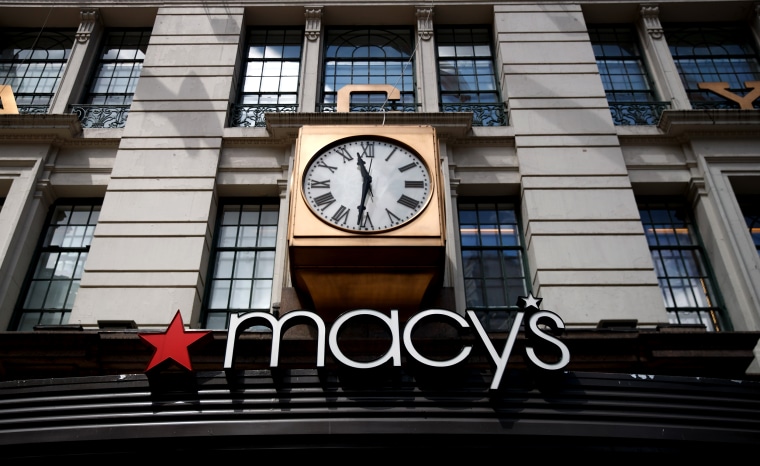Macy’s and its subsidiary, Bloomingdale’s, will stop selling fur by February 2021, the company announced on Monday.
The new fur-free policy includes all Macy’s and Bloomingdale’s private brands, as well as items sold from brand partners, according to a press release. Fur will no longer be sold in any of its off-price stores, including Macy’s Backstage and Bloomingdale’s The Outlet. It will also close its fleet of Fur Vaults and salons, which offer storage, repairs, and alteration of furs. However, it will continue to sell ethically sourced cowhide and sheepskin that shoppers can find in products such as Ugg boots.
The announcement comes as luxury brands slowly phase out fur from their product lines, including Chanel, Versace, Armani, and Gucci. Fashion houses have moved toward faux fur and vegan leather as consumers become more ethical shoppers embracing cruelty-free and eco-friendly brands.
Earlier this month, California became the first state to ban the sale of animal fur products, beginning in 2023. In March last year, San Francisco voted to ban fur sales. Los Angeles followed suit in February. New York City is also considering a fur sales ban.
“Over the past two years, we have been closely following consumer and brand trends, listening to our customers and researching alternatives to fur,” said Jeff Gennette, chairman and chief executive officer of Macy’s, according to a press release.
“This announcement is consistent with the views of countless consumers in the marketplace, and other retailers should follow,” said Kitty Block, president and CEO of the Humane Society of the United States, whose organization met with the company over the last two years about its fur sales.
While animal rights activists championed Macy's move, some speculated that the company was simply seeking to wrap up a business model that was no longer commercially successful for them.
"It’s a dying business that isn’t profitable for Macy’s. Spin it how you want, but they are a for-profit company," wrote one observer on Facebook.
Pelt sales ebb and flow with fashion trends, but manufacturing sales have been on a slow decline. U.S. sales are down about 25 percent from a high of about $707 million in 1999 to a projected $547 million in 2019, according to Euromonitor International, a market research company.
In the United States, fur production has also been on the decline. Mink farms in the United States produced $120 million in mink pelts, according to the Fur Commission USA, a fur industry trade group that represents U.S. mink producers. This is a decrease from about $186 million produced in 2007, according to the group’s website.
Many observers wondered why it had taken the retailer so long to ban fur sales — and also questioned why the final deadline was so far ahead.
"Macy’s should be like Dicks Sporting Goods and stop selling furs right now and destroy all inventory," according to one tweet. "2021 is just a way to sell off stock."
